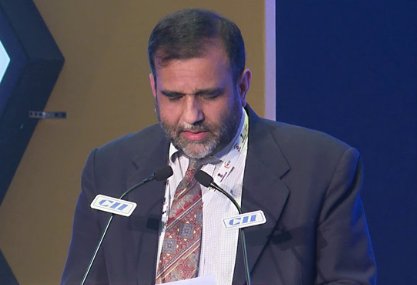New Delhi: India does not agree with the United States Trade Representative (USTR) report that the country’s two per cent equalisation levy on foreign e-commerce firms discriminates against American companies, Commerce Secretary Anup Wadhawan said Wednesday.
Last month, an USTR investigation has concluded that India’s 2 per cent digital services tax on e-commerce supply discriminates against US companies and is inconsistent with international tax principles.
“We do not agree with that conclusion,” Wadhawan told reporters when asked whether India has responded to the USTR report.
“Basically, if there is an economic benefit from a certain jurisdiction then there has to be some taxation in that jurisdiction…OECD (Organisation for Economic Co-operation and Development) is also moving in that direction that if you have an economic presence and economic gain, then you must have taxation in that jurisdiction. You have billions of dollars of revenue in a certain jurisdiction, you have to pay taxes,” he said.
Some countries are protesting because they have huge domination in that kind of activity whether it is Facebook, Google or Amazon, he added.
Over the progress in the proposed mini trade deal between India and the US, he said bilateral discussions are always ongoing and they never end.
The “status is very good” on that deal and the sticking points have been “largely addressed” and there is “no” sticking point as such, he noted.
The two countries are negotiating a trade package to iron out certain issues and promote two-way commerce.
India has demanded resumption of export benefits to certain domestic products under their Generalised System of Preferences (GSP), and greater market access for its products from sectors like agriculture, automobile, auto components and engineering.
On the other hand, the US wants greater market access for its farm and manufacturing products, dairy items and medical devices, data localisation, and import duties cut on some information and communication technology (ICT) products. The US has also raised concerns over the high trade deficit with India.
PTI

